Why I chose to put myself through the abuse of conversion therapy
It seemed like a lifeline that made utter sense but the abuse dragged me to hell and back, says Jayne Ozanne
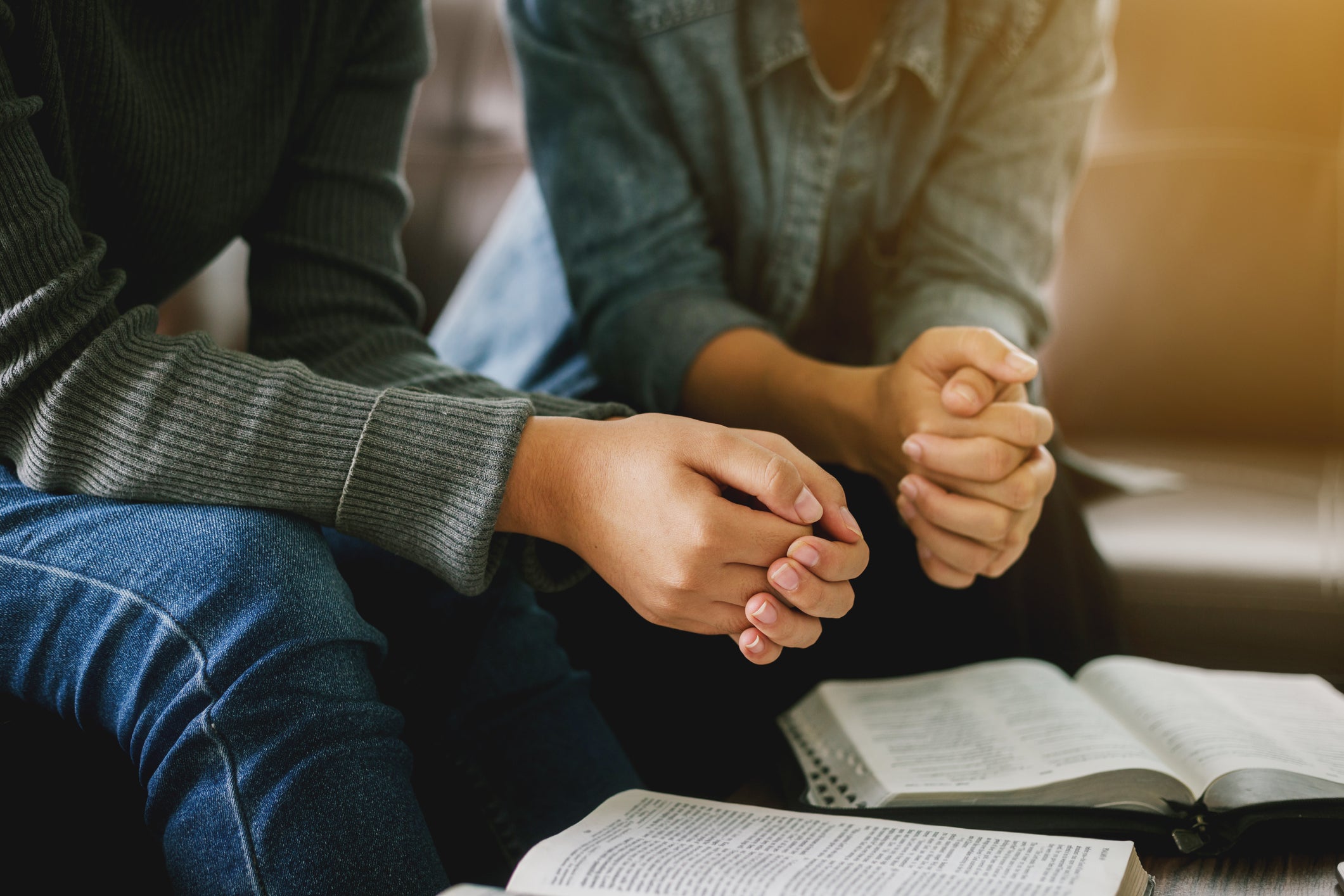
You’ll have just 45 seconds with him, so make them count!” I hardly slept the night before I met His Holiness, Pope Francis. Here was one man who could change the lives of millions of LGBT+ people around the world, so I needed to say something that would resonate and, perhaps more importantly, cause him to stop and reflect.
I had been invited by one of his close advisers to attend early morning mass at the Vatican, and I had been briefed that I would have a chance to speak with him briefly afterwards. To be honest, I knew that to the outside world the words we exchanged would be immaterial as our photograph together would be news in itself. But for real change to happen, I needed to say something that would strike a chord and somehow communicate the trauma that so many LGBT+ people face.
When my turn came, I walked forward and introduced myself: “Your Holiness, I’m Jayne Ozanne, a gay evangelical Anglican from England.” His eyebrows shot up. To be fair, I was unsure if it was the “gay” the “evangelical” or the “Anglican” bit that had surprised him – on reflection, it was probably all three. Unperturbed, I continued:
“I grew up being told I could never be a mother, a wife or a grandmother – and it nearly killed me. My book tells my story, and my research shows that there are thousands of others just like me.”
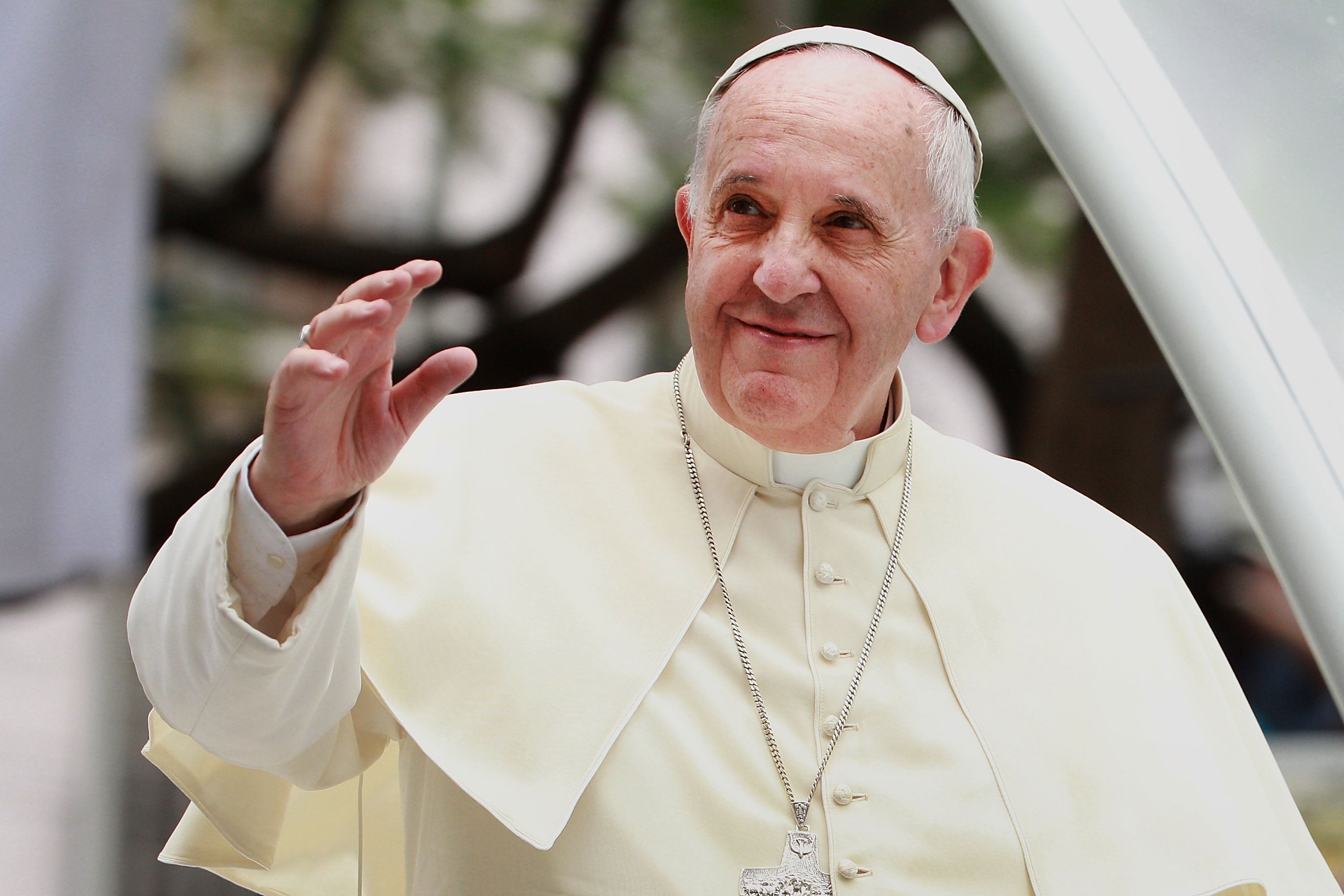
After taking my gifts, he grabbed both my hands and said, with a sincerity that shook me: “Please pray for me… as I will pray for you.” Two days later I was invited back to the Vatican to hear him give a speech, in which he inserted a line that likened leaders who were homophobic to Hitler.
It all seemed rather surreal, although I would suggest that for those of us who have a faith we should never be too surprised as to where it might actually take us. Certainly, during the 40 years of anguish that I spent struggling to reconcile my faith with my sexuality I had never once imagined that I would one day find myself presenting the Pope with research outlining the horrors of so-called “conversion therapy”, informed by my own experiences of having undergone it.
You see, all I ever wanted was to be ‘normal’, to be ‘acceptable’ to those around me – by my friends, my family and those I respected (particularly by the religious leaders in my church)
Growing up in Guernsey, I must admit I had had quite a sheltered upbringing. Indeed, prior to going to Cambridge, I really had no idea that women could actually be gay. Of course, there were a few rather flamboyant men in the media – such as John Inman and Kenneth Williams, usually portrayed as sad comic figures who were made the butt of jokes. But never women. In truth, I just expected to one day meet a good Christian man with whom I would fall hopelessly and passionately in love, where the lights would fade and the music would rise, and I would find myself swept off my feet like a scene from a good ol’ black and white movie.
But no, such a day never seemed to arise. Instead, I found myself bewildered at why my classmates were making such a fuss over young spotty boys, who I just found intensely annoying. One of the most common reflections made by LGBT+ people is that “they always knew they were different”. Today, many are thankfully able to articulate this difference, and talk about it openly. For me, though I knew I was indeed different, it took me some time to understand why. This difference set me apart and led me to feel increasingly isolated – a feeling that would constantly haunt me and lead me ultimately to spend two spells in hospital with my body breaking under the constant strain of trying to make myself into something that I was not.
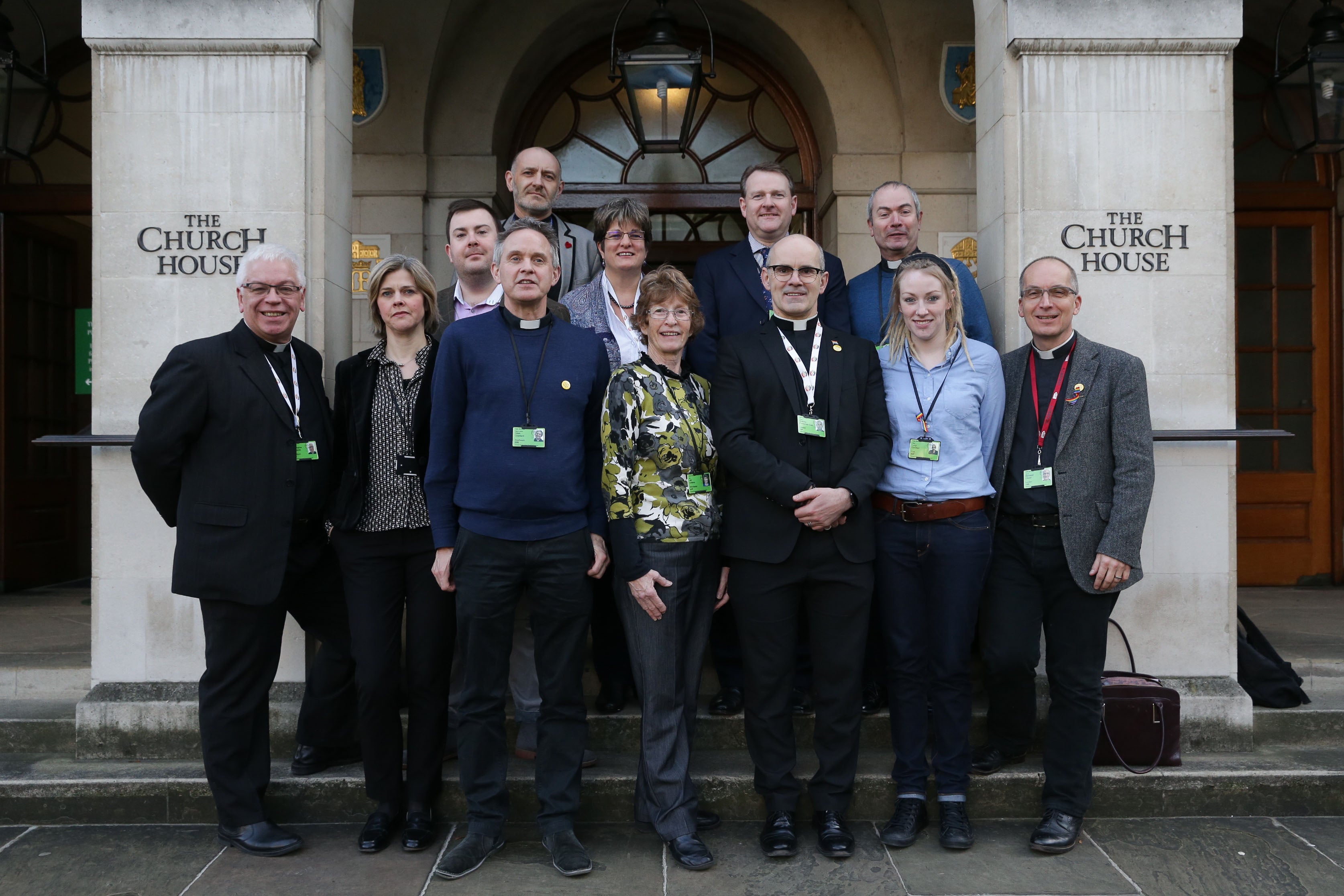
You see, all I ever wanted was to be “normal”, to be “acceptable” to those around me – by my friends, my family and those I respected (particularly by the religious leaders in my church). Like millions before me, all I ever wanted was to be able to belong, to fit in. Of course, I also yearned for love, for a family, for the joy of children and for someone who I could cherish and who would hopefully cherish me. Add to that my deep conviction, shared by all those around me, that what I found myself craving, the love of another woman, was a total abomination in the eyes of God and you have the “perfect storm”, a living hell – from which there seemed, sadly, no way of escape.
Why did I choose to put myself through “conversion therapy”? Because it was a lifeline. Because it seemed to make utter sense; if God forbid me to be gay, then naturally God would provide me with the way out. I therefore did not just choose it – I ran towards it with open arms, thankful to those who were kind enough to help me out of the blazing torment that had taken over my life.
You see, when you know you are gay and when you believe it is evil and wrong, it crushes every ounce of your spirit. The knowledge sits like a dead weight on your shoulders, becoming heavier and heavier until you eventually find yourself with little strength to carry on.
I often talk about there being three phases of religious “conversion therapy”, which most – but not all – go through. These are important to understand as it is these religious practices that are the most common forms of so-called “conversion therapy” experienced in the UK.
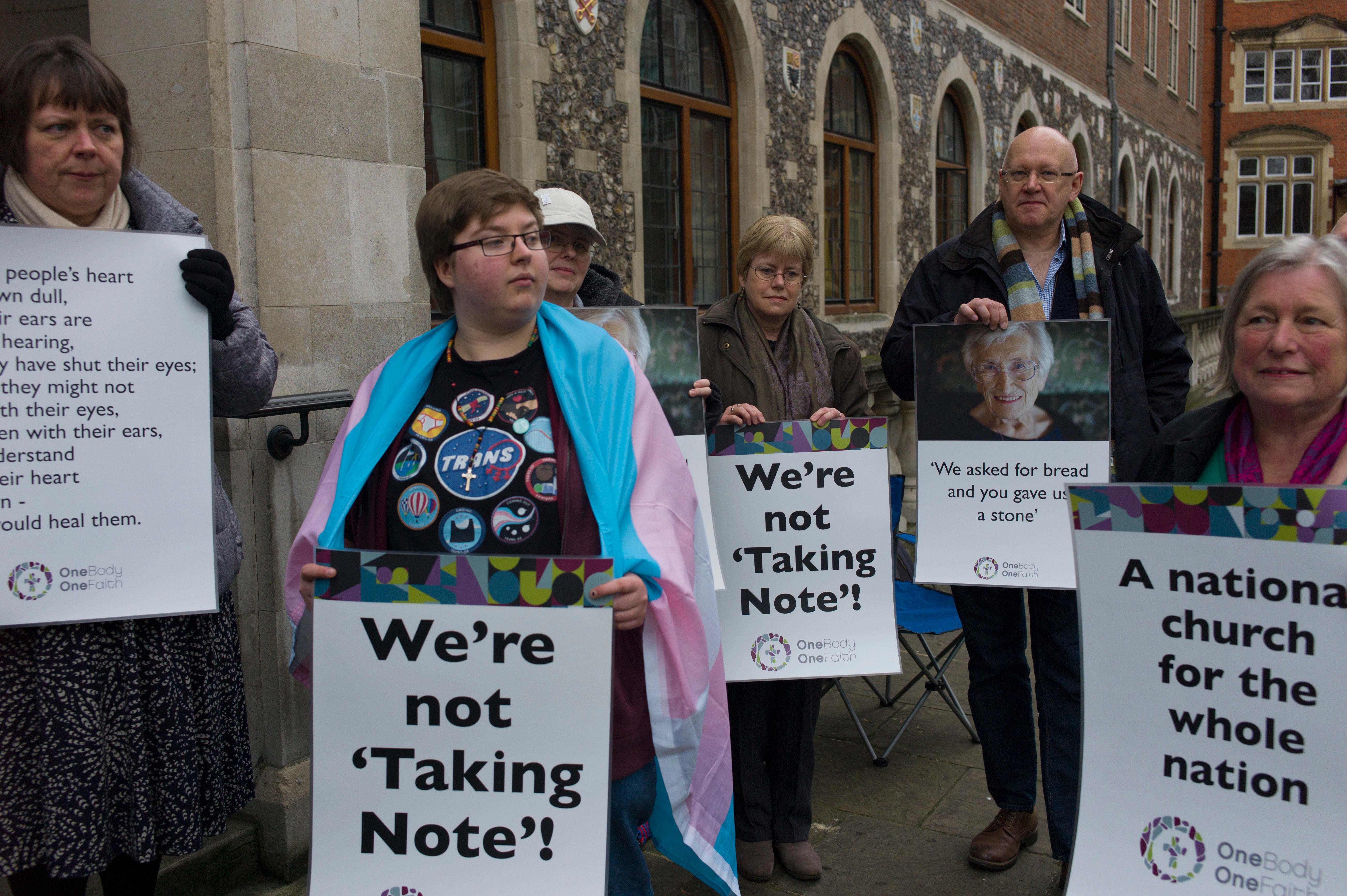
The first is the Silent Phase, where you carry a secret that you dare not admit, not even to yourself, as to do so is to believe that the devil “has a hold on you”. That for some reason, you know not why, you have been afflicted with a sin that has turned you into an abomination. Whether this is because you suffer from being “same-sex attracted” or because you “think you’re in the wrong gender”, you are conditioned to believe that this must be because of something that has happened to you in your past. That there is a “reason why” you are suffering this way, and that all you need to do is “find the key”.
So, you plead with God, you make promises and you “plea bargain”. You repent of everything you can think of. You become the model Christian, hoping against hope that God will hear your prayer and set you free from this terrible inner torment. You dare not tell a soul, as you do not want to be judged or seen as “unsound”. To admit to this shameful truth would be too much to bear as people would assume you must have done something wrong. So, you suffer in silence, isolated from help and alone in your hell.
Some never make it through this phase. They become so depressed that it finally takes them to the darkest of places, where they believe the only way out is, tragically, to take their own life. Some, thankfully, break under the strain before they get there. Others are instead outed by a sibling or an angry “friend”. I lasted nearly 30 years in this state – that is, until I found myself in the Cromwell Hospital with my body cracking under the strain. I went through numerous tests to try to determine why I was in so much pain.
Finally, my consultant came to see me and said: “I just think you’re incredibly stressed, Jayne. Is there something that you’re not telling us?” Looking back, I think he knew the real cause of my problems – even if I did not want to admit it to myself. It would take another 10 years to get to that point, and another spell in hospital.
I felt I was drowning, with only myself to blame for the fact that I could not swim
So, instead, I had a full breakdown. It was inevitable really. I did try to talk to my psychiatrist about it all. In fact, she was the first person I dared utter those unspeakable words – that I thought I was gay. I explained that this was utterly incongruent with my faith. She smiled and told me to “change my faith”. I winced, realising she did not understand and never mentioned it again.
But I did move to Phase 2 – I started to seek out “Healing Prayer”. I am a charismatic evangelical, which means I believe in a God who heals, who gives people “prophetic words”, who gifts certain religious leaders with “spiritual gifts” that will help people like me. By this time, I was a member of the Archbishops’ Council of the Church of England, a body which oversees the policy and finance of the central structures of the Church of England. As such, I was perceived as a high-profile evangelical, and so I found myself meeting various “senior faith leaders” from around the world. Desperate for my healing, I would confide in each of them and ask them to pray for me. They, like I, believed there had to be a “reason why” I was gay, and so we went through every element of my past – repeatedly. We went through all my relationships, repeatedly.
We went through all my traumas, repeatedly. We would dissect every part of my life, with me laying it all in front of them in the vain hope we would find the “key” to my troubles. Inevitably, it would start to undermine every core relationship I had – as I began to blame family members and close friends for “causing me” to be gay. Of course, the prayer was always done “in love” by people who were kind and well meaning. They yearned, as I did, for me to be healed. I longed to tell them their prayers had worked. Frequently, I believed that they had. This would last weeks, months even years, but always something would happen, and I would eventually have to admit that I was back at square one. The disappointment was devastating. Obviously, “I did not have enough faith” or worse, “I was not being open enough”. God could not be the problem, so it had to be me!
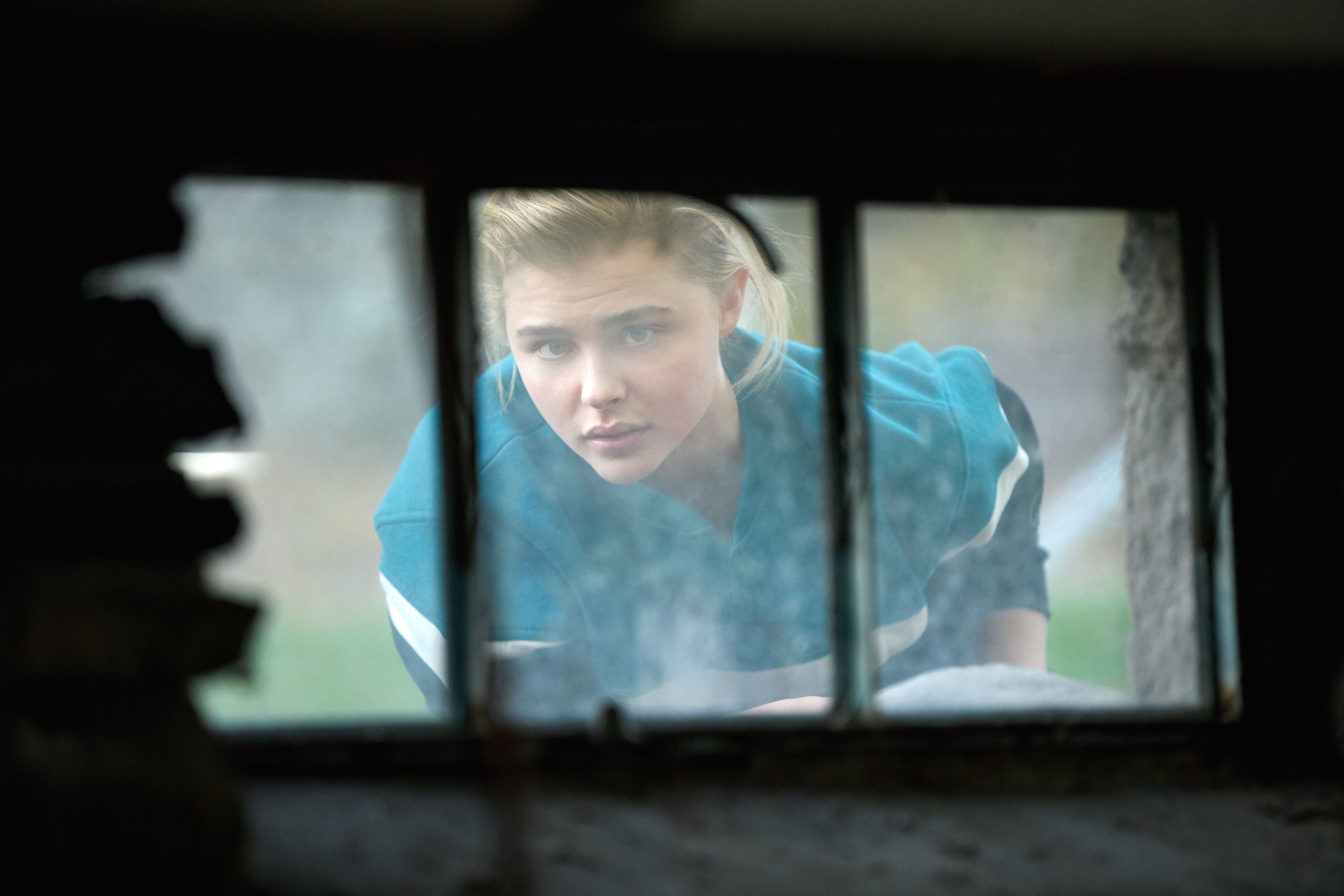
I sincerely believed this. However, it meant I became more and more distressed. Here I was making myself incredibly vulnerable to people who were in fact were total strangers – even if they were “senior religious leaders”. Of course, they could not be the problem either, so it had to be me. If God was not answering their prayer, it had to be because I was at fault. I felt I was drowning, with only myself to blame for the fact that I could not swim.
So, I moved to Phase 3 and started to seek “specialist ministries” – those who believed they had “special gifts” of deliverance or “exorcism” in this area. I paid to see spiritual counsellors, who would use their professional discernment to try to understand what lay at the heart of my sin. I say “paid” as one was always asked to “give what the Lord has told you to give”. I therefore parted with thousands in the hope that God would understand just how keen I was to be healed.
I know now that I was one of the lucky ones – for I was strong enough to come through. Sadly, not all do. Indeed, most LGBT+ people of faith know of at least one person who has taken their life
The truth is that I have been through hours of deliverance ministry, where I have been encouraged to cough up my demons – even, at times, told to be violently sick. I have had people shout at “the devil inside me” and once I was even hit with a bible. It was all done “in loving kindness” by those who wanted to see me free – often people I knew and trusted, who had my best interests at heart.
All this was done by me, a consenting adult, willingly – and it nearly killed me. Sadly, I ended up in hospital a second time, with my body cracking yet again under the strain. This time, however, I knew I had a stark choice to make. I had to either walk “into the dark”, explore who I was and hope that God would forgive me or to take my life, as there seemed “no way out”.
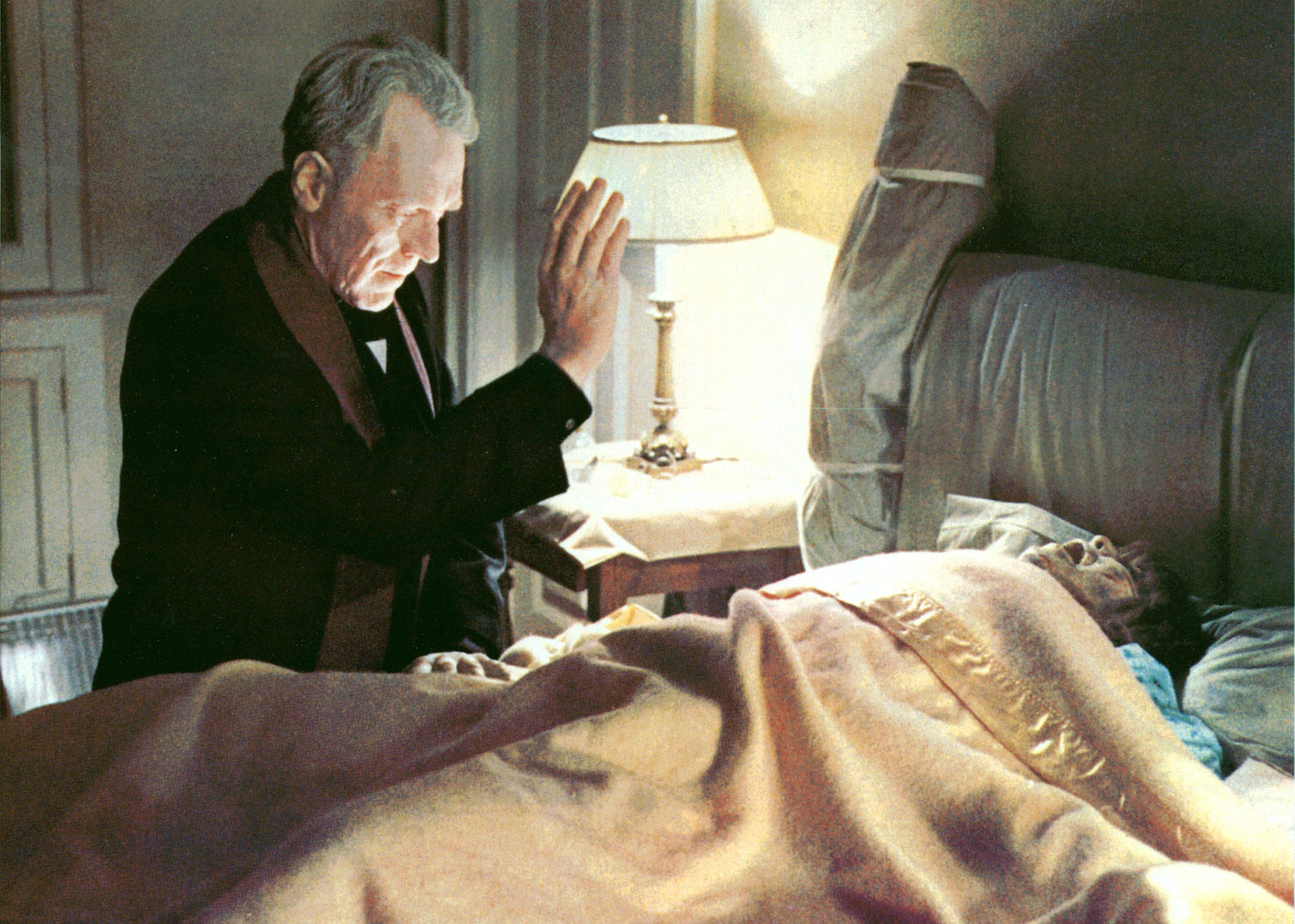
Fortunately, I chose the former – and found myself walking into light, and love, and hope, and peace and joy. I came alive and discovered a far deeper, more beautiful faith where I was able to be my true authentic self. I met the most extraordinary people, one of whom would become my partner – a wonderful woman, who brought me back to life. You see, love does that. That is why I believe that God IS love – and wherever there is love, God is to be found.
It is why I am so committed to campaigning for a full ban on conversion therapy and importantly one that includes all religious practices. For that is where LGBT+ people are most vulnerable and where religious leaders – no matter how well-meaning or kind – do the most damage.
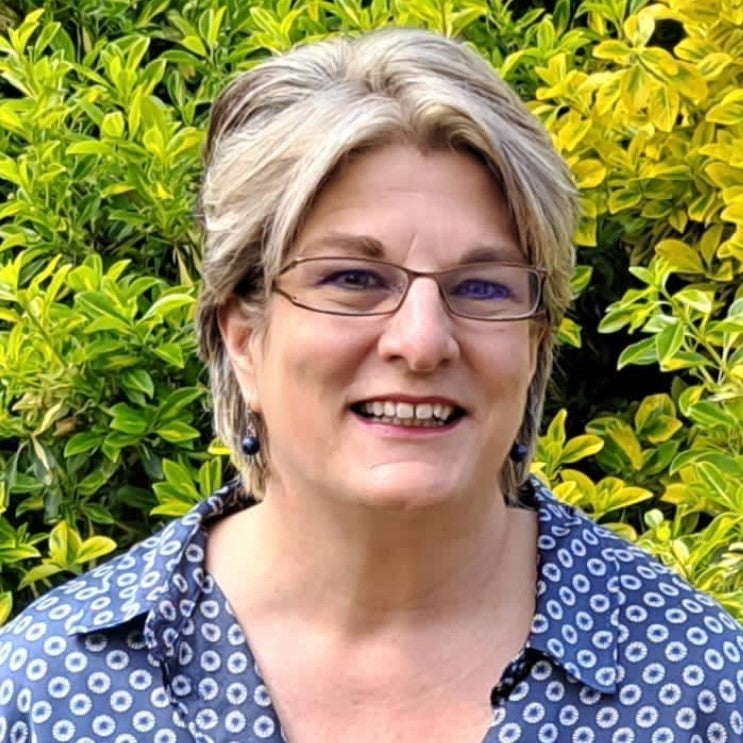
I know now that I was one of the lucky ones for I was strong enough to come through. Sadly, not all do. Indeed, most LGBT+ people of faith know of at least one person who has taken their life because of the hell that they were faced with.
So-called “conversion therapy” is abuse – it is spiritual abuse. The only way we will ever hope to end it is by criminalising those who continue to practice it, and in so doing protect vulnerable LGBT+ people – particularly young LGBT+ people at the very start of their lives.
Years on, I still bear the scars. Would that my younger self had known that who I am is totally acceptable and loveable – and that I had been taught that in my faith setting too. My hope and prayer is that we build a world in which we learn to celebrate diversity and rejoice in our differences, for only then will we see the full beauty of creation in all its technicolour glory.
Join our commenting forum
Join thought-provoking conversations, follow other Independent readers and see their replies
27Comments